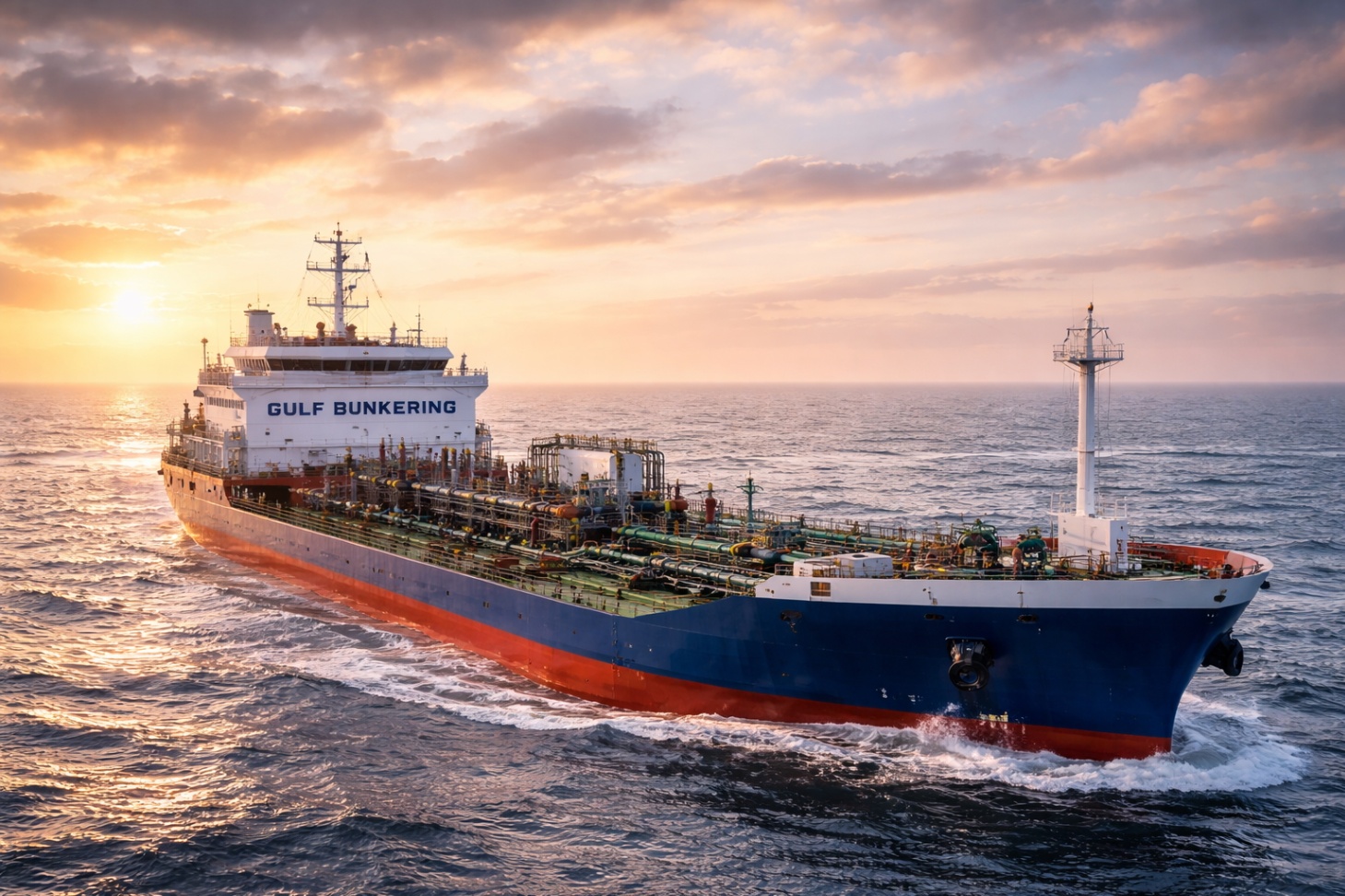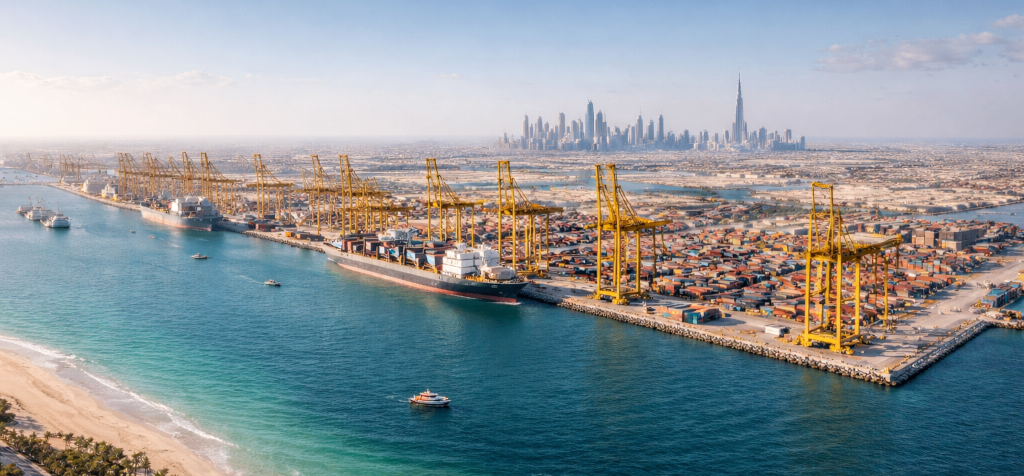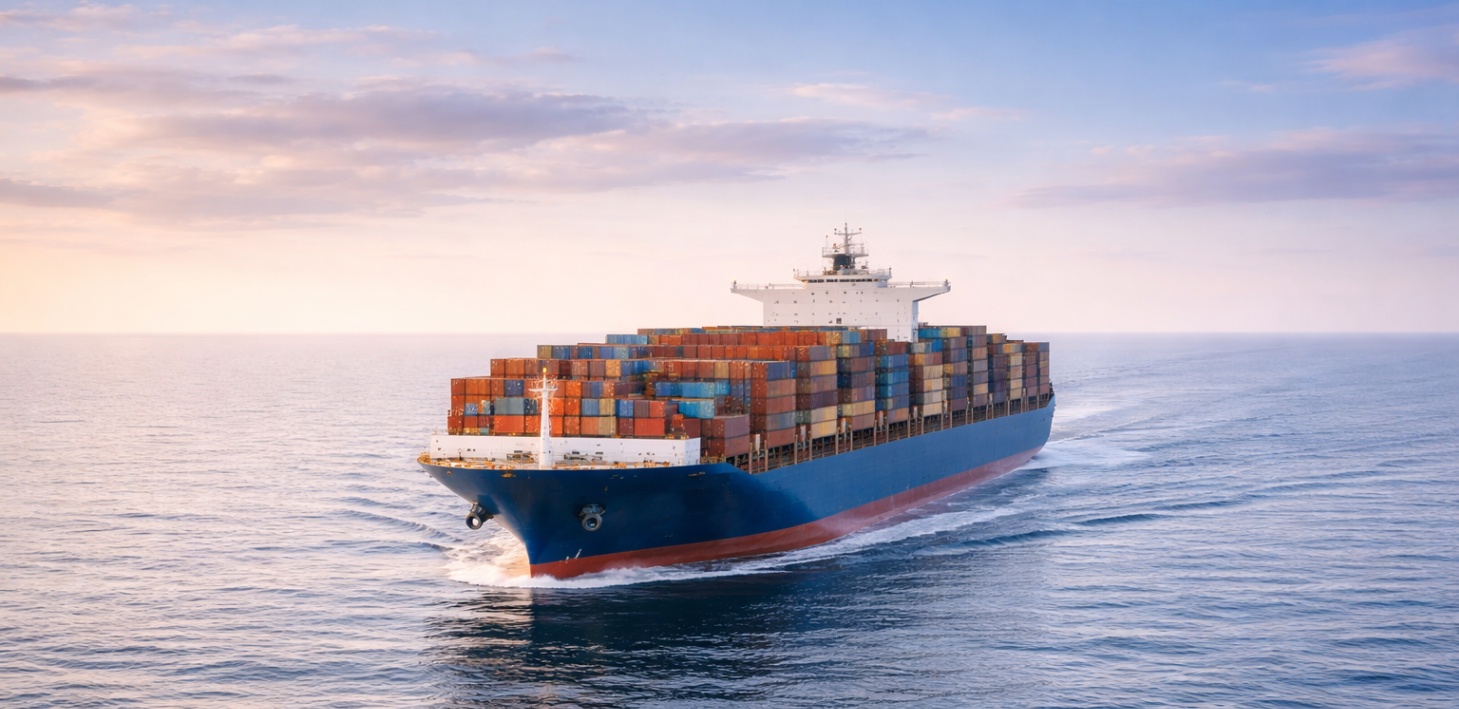Gulf Bunkering
Gulf Bunkering provides independent, region-focused insight supporting marine fuel activity across the Middle East, including the Persian Gulf and surrounding areas.
The platform sits at the point where bunker planning, port conditions, and market engagement intersect — helping maritime professionals engage with the bunker market from a more informed position.
Gulf Bunkering does not supply marine fuels. Instead, the platform supports informed bunker planning and facilitates relevant market engagement where appropriate.
Discuss bunker planning or market access
Explore ports & fuel types

Gulf Bunkering is used by professional maritime stakeholders involved in marine fuel planning, procurement, and commercial decision-making in the Middle East.
Ship owners and commercial vessel operators
Fleet and voyage planners
Ship management companies
Marine fuel buyers
Offshore and energy-related vessel operators
Market participants active in marine fuel supply
Bunkering outcomes are shaped by more than pricing alone.
Port procedures, anchorage practices, regulatory enforcement, fuel specifications, and local coordination requirements vary significantly across the Middle East.
Limited visibility into these factors can lead to operational delays, compliance exposure, and misaligned expectations during bunker discussions.
Gulf Bunkering exists to reduce this friction by providing independent regional context and port-specific insight before commercial engagement takes place.
We do not replace direct supplier relationships — we help ensure those conversations start from an informed position.

This information is commonly used ahead of direct discussions between vessel operators and bunker suppliers.
Port-specific operational context and procedures
Regional regulatory and compliance considerations
Fuel type characteristics and practical implications
Market orientation relevant to bunker planning
Qualified inbound routing based on professional inquiry
Gulf Bunkering focuses on regions where port-specific knowledge materially affects bunker planning and execution.

The platform covers fuel types commonly traded and supplied across the Middle East.
Fuel coverage is provided for informational and decision-support purposes only.
Gulf Bunkering operates independently of bunker trading and physical fuel supply.
The platform is informed by international regulatory frameworks, including IMO requirements under MARPOL Annex VI, and reflects practical considerations relevant to bunker planning in the Middle East.
All commercial engagement takes place directly between buyers and suppliers. Gulf Bunkering does not act as a contracting party.

